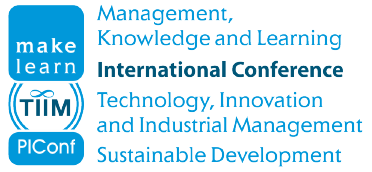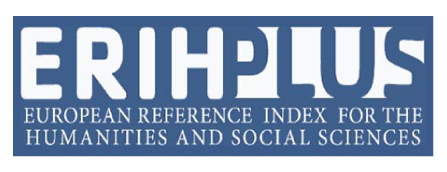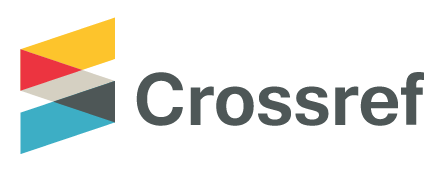Introducing a Cross-Functional, Customer-Oriented IT-Cooperation-Model Supplementing ITIL
DOI:
https://doi.org/10.53615/2232-5697.11.33-46Keywords:
Customer-Oriented IT-Cooperation-Model , ITIL frameworkAbstract
Purpose: Organising the processes of an IT department based on the ITIL framework is a common practice within companies that seek effective and efficient management of their IT incidents and problems. Although ITIL gives structure and guidance to a certain extent, we discovered several issues which were not optimally covered by the blueprint ITIL best practice processes that we are using. Therefore, we designed the "IT-Cooperation-Model" following a Design Science approach to tackle these specific issues. It is intended to supplement the established ITIL processes (in particular the incident and problem management) in a manner that these "cases" which need attention and are raised by one or more affected persons are handled by the most fitting, autonomous team in a highly collaborative manner to achieve customer satisfaction ultimately. Therefore, it was designed based on guiding principles to address and possibly overcome known and common issues in a predominant ticket-based system. This paper describes the motivation and perceived limitations in the pure ITIL processes that led to the IT-Cooperation-Model. We discuss the building principles, the instantiation and the mechanics we employed to continuously improve the model based on retrospectives and surveys, including feedback from customers and participants from previous cases.
Study design/methodology/approach: Design of an IT operational model based on a Design Science approach.
Findings: Cross-functional team collaboration within the designed operational model improved problem transparency, communication and ownership.
Originality/value: Newly designed IT operational model for managing issues that need attention and cannot be dealt with immediately or addressed appropriately, supplementing standard ITIL processes.
Downloads
Downloads
Published
License
Copyright (c) 2022 Justus Tillmann Holler, Jochen Hagen, Michael Reimpell, Malte Schroller, Marius Schlage

This work is licensed under a Creative Commons Attribution-ShareAlike 4.0 International License.















